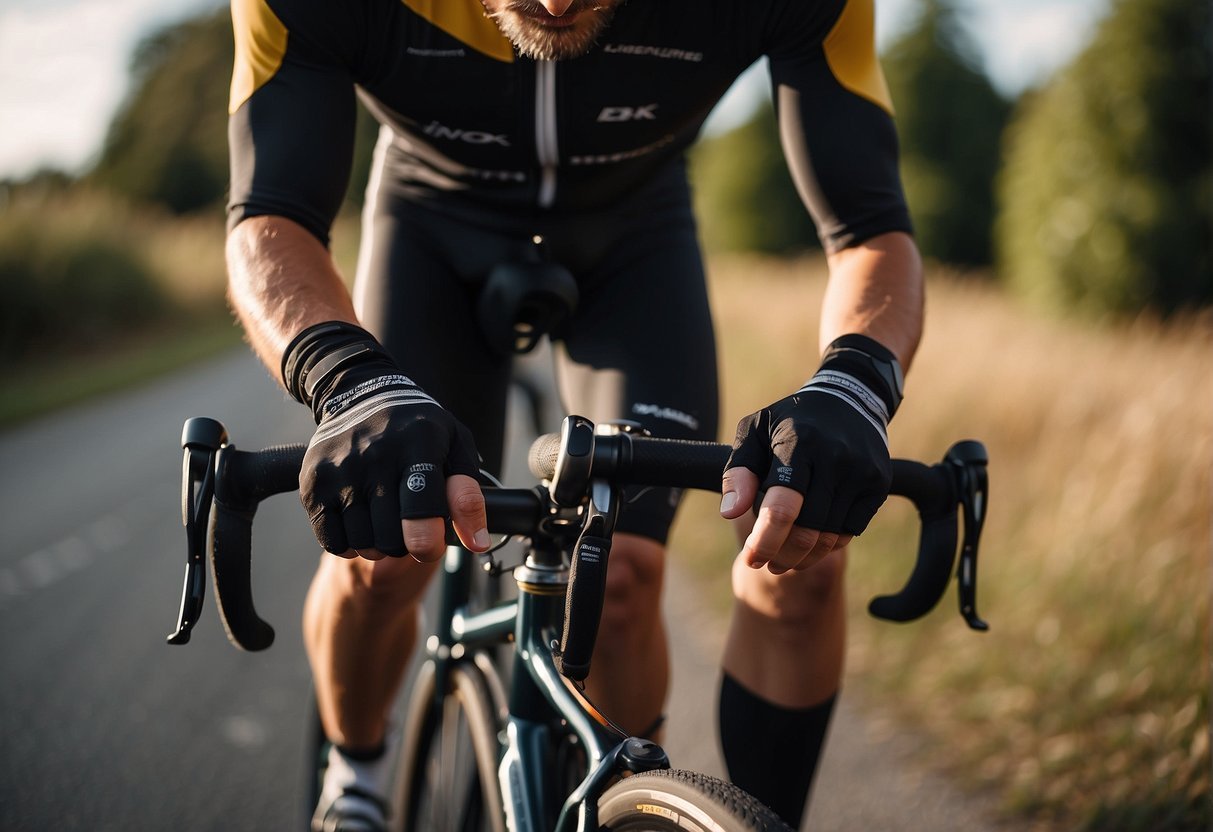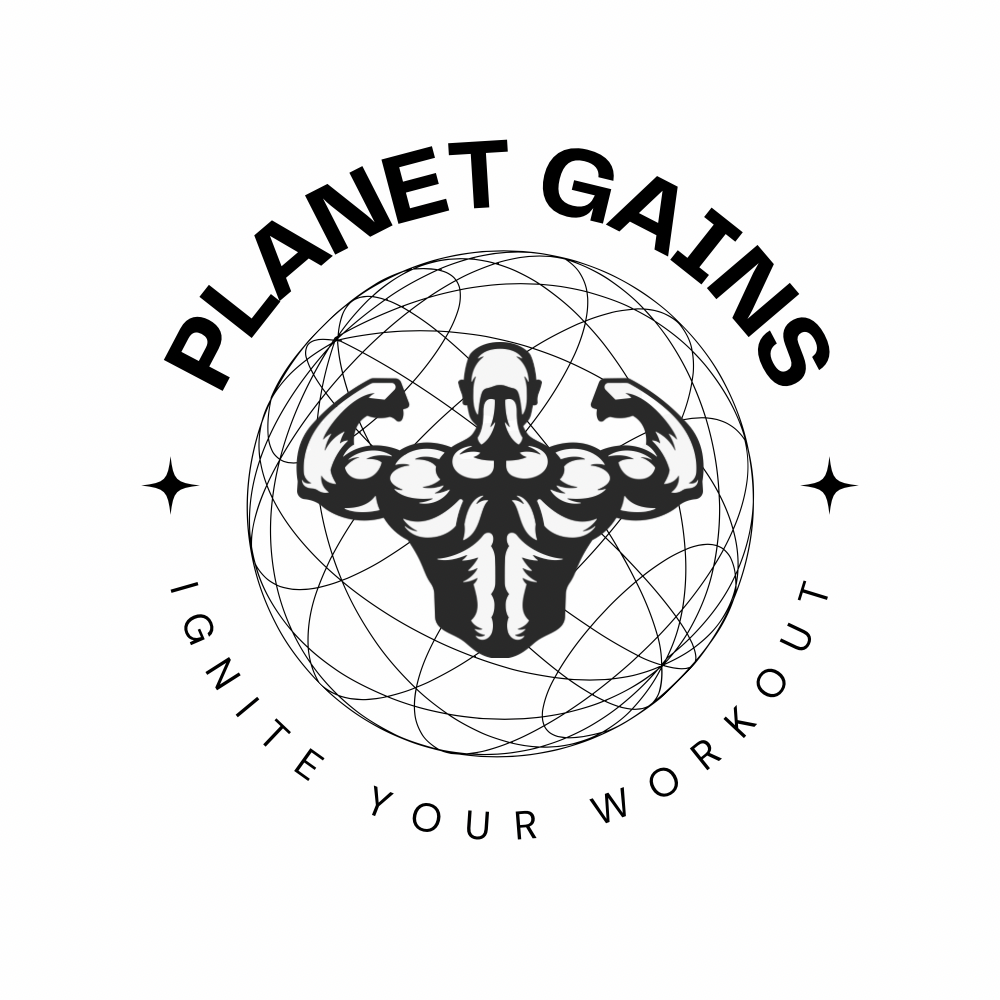📦 FREE Shipping
How to Treat a Sore Bum After Cycling 2024: 7 Instant Relief Tips!

Don’t let post-ride discomfort put the brakes on your cycling routine. “How to Treat a Sore Bum After Cycling: 7 Instant Relief Tips!” provides practical strategies for immediate comfort so you can easily get back in the saddle.
How to Treat a Sore Bum After Cycling?
Your quest for a soreness-free ride hinges on the perfect saddle. Different body types require different saddle shapes; so consider the width of your sit bones and the amount of cushioning that suits your riding style. Here’s a quick guide to get started:
- Measure Your Sit Bones: Head to a local bike shop where experts can measure the distance between your sit bones to find the saddle width that ensures proper weight distribution.
- Experiment with Cushioning: Too soft and you’ll sink; too hard, and feel every bump. Aim for a balance that provides support without compromising on comfort.
- Try Before You Buy: Many shops offer test saddles; take advantage of this to find one where you feel no pressure on your perineum and can pedal without pain.
Adjusting Bike Fit for Ultimate Comfort
The right saddle is just part of the equation; bike fit is paramount. A proper fit helps you avoid unnecessary strain on various body parts, contributing greatly to your overall comfort and performance. Consider these adjustments:
- Saddle Height: Position your saddle so that when your foot is at the bottom of the pedal stroke, your knee slightly bends. This enhances power and reduces stress on your knees.
- Saddle Position: Slide your saddle forward or backward to ensure your knee is directly over the pedal axle when the crank arm is parallel to the ground, optimizing your pedaling efficiency.
- Handlebar Height and Reach: Adjust these so that you can grip them comfortably without overreaching, which can cause back and shoulder strain.
Optimizing Cycling Gear and Practice

Enhance your riding experience by selecting the right gear and honing your cycling techniques.
Here’s how to minimize discomfort and take your biking performance to the next level.
The Importance of High-Quality Cycling Shorts
You’ll find that investing in high-quality cycling shorts with adequate padding is a game-changer.
Look for shorts with a chamois pad that fits well and feels comfortable. The padding should be substantial enough to reduce pressure on your sit bones without being overly bulky. Applying chamois cream to reduce friction and prevent soreness is also wise.
Mastering the Art of Pedaling and Posture
Your cycling posture plays a crucial role in overall comfort. Ensure your bike fit is correct, and focus on maintaining a posture that distributes your weight evenly.
Pay attention to your pedaling technique; aim for smooth, circular pedal strokes that engage your entire leg. Combine this with core exercises to improve stability and reduce strain on your bum.
Embracing the Pre-Ride and Post-Ride Rituals
Before you set off, make a pre-ride promise to yourself to prioritize a brief stretching regimen. Stretching your legs and back can prepare your muscles for the ride ahead.
Follow a post-ride plot twist by caring for your body with more gentle stretching. This post-ride care helps your muscles recover and can be essential in learning how to treat a sore bum after cycling. Remember, accessorizing for assurance with the right clothing, including cycling tights for colder conditions, completes your cycling ensemble.
Harnessing Natural Remedies and Professional Care

Unlocking the Magic of Ice and Heat Treatments
Ice Therapy: Ice can be your best ally against inflammation immediately after your ride. Grab an ice pack or a bag of frozen peas, and apply it to the affected area for about 15-20 minutes. This helps reduce swelling and numbs sore tissues.
Ice is particularly effective because it:
- Reduces inflammation: slowing down blood flow to the area.
- Eases pain: creating a numbing effect.
Heat Treatments: After the initial inflammation has died down, heat can encourage healing and improve blood flow, promoting faster recovery. Use a warm towel or heating pad on the affected area for durations like icing — this encourages muscles to relax and boosts circulation.
Why heat helps:
- Promotes blood flow: This helps to flush away toxins.
- Relaxes muscles: Reducing tension and soreness.
The Role of Rest, Recovery, and Professional Advice
Taking a Break: It’s crucial to allow your body to rest. Resting doesn’t just mean taking time off your bike but also includes avoiding any strenuous activity that may aggravate your condition. This downtime is when your body does most of its healing, so honor it by listening to your body’s signals and take a break when needed.
Professional Insight: If your soreness persists or worsens, it’s essential to consult a doctor or a sports medicine professional. They can offer long-term strategies for recurring issues and rule out any serious conditions that might be causing your sore bum cheeks from sitting. They might suggest:
- Specific exercises to strengthen your glutes and hips.
- Ergonomic adjustments to your bike setup.
FAQ:
Does saddle soreness go away?
Saddle soreness typically goes away with rest and proper care.
How do you get rid of saddle sores fast?
To get rid of saddle sores fast, keep the area clean, apply a chafing cream, and consider taking a break from cycling to allow healing.
Why does my bum bone hurt after cycling?
Your bum bone hurts after cycling due to prolonged pressure and friction on your sit bones, which can cause inflammation.
What do saddle sores look like?
Saddle sores look like skin abrasions, red bumps, or pimples; in severe cases, they can become large boils.
If this article about the question: “How to Treat a Sore Bum After Cycling” helped you, don’t forget to leave us a comment down below about what you think of the article.

